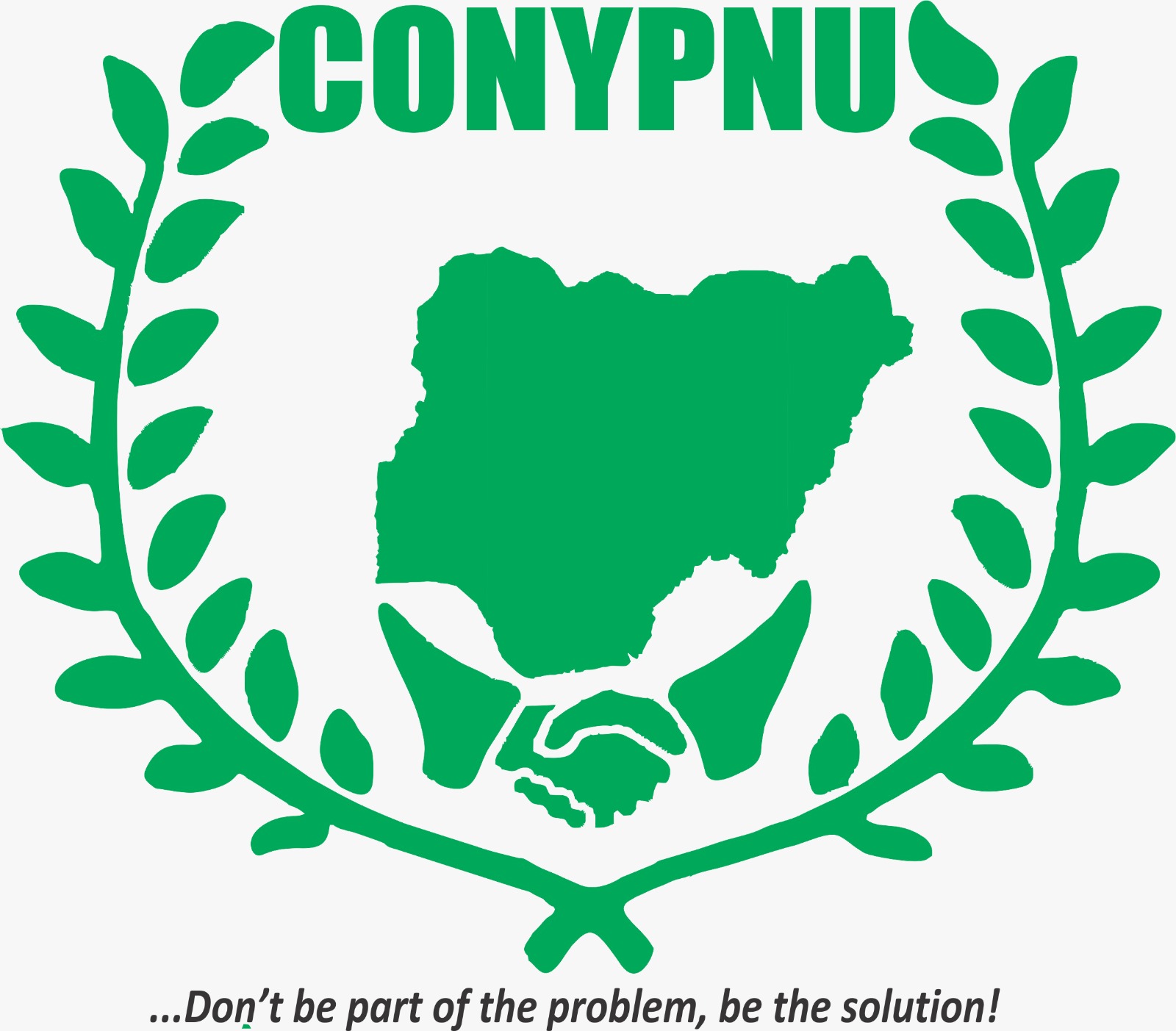FEATURED
Youth Coalition Calls For Dialogue, Reform Amid Ethno-Religious Violence

The Coalition of Nigerian Youths for Peace and National Unity has expressed concern over escalating ethno-religious tensions threatening the country’s stability.
This was contained in a communique signed by Chief Precious Enebuse, (National Coordinator) Comrade Rotimi Adebayo, (General Secretary), Comrade Yahaya Mamza (Media Officer), Comrade Promise Okechukwu (Campaigns and Events Officer) and released to newsmen after a conference held in Abuja, the nation’s capital over the weekend.
The gathering comes after two high-profile incidents of violence—the extrajudicial killing of 16 northern youths in Edo State and the stoning of Christian student Deborah Samuel in Sokoto State, sometimes ago.
“The extrajudicial killing of 16 northern youths in Uromi, Edo State, falsely accused of kidnapping and brutally set ablaze by a mob.
“The killing of Deborah Samuel, a Christian student in Sokoto State, stoned and burned by religious fanatics over alleged blasphemy.
“These acts are symptomatic of deeper fractures within our society—ethnic polarization, religious intolerance, and unresolved historical injustices—that threaten national unity and progress.
“The narrow-mindedness of extremism has cost lives and damaged the fabric of our society,” stated Chief Precious Enebuse, national coordinator for the Coalition.
“We are calling for unity and understanding among all Nigerians, regardless of their background. We cannot afford to let our differences tear us apart.”
The Coalition outlined the root causes of these tensions, including historical grievances stemming from colonial legacies and post-independence inequalities.
They emphasized that political exploitation of ethnic and religious divisions has made reconciliation more challenging.
“Politicians must rise above the allure of divisiveness for electoral gains. Our challenges are systemic and require holistic solutions,” declared Enebuse.
Key resolutions were adopted during the conference, focusing on constitutional reforms, interfaith dialogue, community-based mediation, and economic development programs.
“These steps are essential not just for peace, but for our collective progress as a nation,” said Rotimi Adebayo, Secretary General of the Coalition.
“We need to address the grievances that have pervaded our society for decades.”, he said.
Among the urgent calls to action was a demand for security agencies to adopt proactive strategies in preventing future violence.
“We must prioritize intelligence gathering to neutralize threats before they escalate. Communities must feel safe and involved in the security process.”
“Prioritize intelligence gathering and early warning systems. Strengthen grassroots intelligence networks to detect and neutralize threats before they escalate, as seen in successful conflict prevention models.
“Collaborate with community leaders to identify and address grievances (e.g., land disputes, political marginalization) that often precede violence”.
The Coalition stressed the importance of collaboration among all stakeholders: government officials, religious leaders, and citizens. “This is a collective effort,” the communique added.
“It takes all of us rejecting stereotypes and embracing our shared humanity to foster a peaceful coexistence.”
The communique, also appealed for immediate investigation into the recent incidents, reiterating that justice must prevail for the healing process to begin.
“We need transparency and accountability to restore faith in our institutions. Justice is a prerequisite for peace.
“Stop exploiting our differences for political gain; prioritize national unity over sectional interests through inclusive governance practices” Chief Enebuse added.
“We are stronger together. In unity lies our strength, and we will not rest until we achieve a Nigeria where every life is valued, regardless of ethnic or religious affiliation.
“By addressing ethno-religious tensions with justice, dialogue, mediation, and development programs, we can transform division into unity and build a nation where every citizen feels safe regardless of their background.
“As Nelson Mandela once said: “Safety and security don’t just happen—they are the result of collective consensus and public investment.”, the communique reads.















